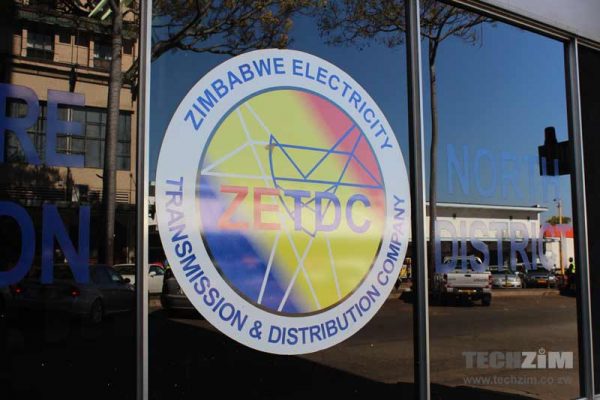Zimbabwe’s mining industry, which is critical to the country’s economy, has been hit hard by electricity challenges.
The energy crisis in Zimbabwe has been ongoing for some years, and this has seriously affected the country’s mining sector. Zimbabwe has a vast mineral resource base, and the mining industry contributes significantly to the country’s GDP. However, the challenges in the electricity sector have hamstrung the industry, leading to reduced production and revenue.
Electricity is essential for mining activities, and without it, the operations cannot function effectively. Zimbabwe has a small energy-generating capacity that mainly relies on hydroelectric power stations, which are fed by Lake Kariba. The country’s electricity demand from households and industries has consistently exceeded the energy-generating capacity, leading to persistent power outages and load shedding.
The power outages negatively impact the mining sector since it heavily relies on electricity to extract and process minerals. Mining operations require high levels of energy to power the drilling and extraction equipment, lighting, and cooling systems. Additionally, the production process of minerals, such as gold, copper, and platinum requires energy-intensive processes like crushing, grinding, and refining, which need a consistent electricity supply.
Therefore, power shortages disrupt the mining process, leading to reduced production, missed targets, and lost revenue.
Rolling blackouts popularly known as load shedding have impacted production, according to Collin Chibafa, the President of the Chamber of Mines Zimbabwe (CoMZ).
“About 88% of our members are experiencing at least six hours of load shedding daily,” Chibafa said. “That would impact the level of production that comes out.” Some mines experience blackouts for as long as 12 hours a day, he added.
While some mines have built their own solar power plants, they only provide power for a few hours. And others have opted for diesel generators.
“Obviously that’s an expensive and the least viable option. If you have people underground, they need ventilation, they need oxygen,” Chibafa said.
In 2020, Zimbabwe witnessed a 45% decline in gold production attributed to the electricity crisis, among other factors. Apart from reduced production levels, the current energy crisis has led to increased costs of mining operations. For instance, miners have to use fuel-powered generators to supplement the grid’s electricity, making the mining process more expensive and a threat to the 12 billion dollar Mining Industry.
Mining companies in Zimbabwe have resorted to exploring alternative energy sources to mitigate the effects of the energy crisis. However, alternative energy sources come with their unique challenges. For example, most mining activities in Zimbabwe take place in remote areas, far from the main grid supply. These areas depend on diesel-powered generators that are not only expensive but also emit greenhouse gases, which harm the environment.
To address the electricity challenges, the Zimbabwean government has taken measures such as inviting investors to invest in the energy sector. For instance, the government recently announced plans to award tenders to companies that are interested in setting up solar plants. The solar plants are meant to complement the existing power stations, and the government hopes this will help to address the electricity gap in Zimbabwe.
Zimbabwe is currently generating less than half of its 1,700 MW demand as the old thermal units at Hwange, commissioned between 1983 and 1987, frequently break down and are performing below capacity.
The government has also designed schemes to incentivize the use of renewable energy sources. For instance, the government introduced a net metering scheme that allows households and businesses to generate their electricity from renewable energy sources such as solar, and sell any excess energy back to the national grid. Such strategies encourage the uptake of renewable energy and can go a long way in curbing the country’s electricity challenge.
Conclusion
The electricity challenge in Zimbabwe is holding back the potential growth of the mining industry, which is a critical sector for the nation’s economy. The situation has led to reduced production levels, increased costs of mining operations, and loss of revenue for miners. Africa, as a whole, is experiencing a similar challenge, with many countries grappling with electricity shortages. African countries need to invest in renewable energy sources to address the energy crisis and support the growth of vital sectors, such as mining, to propel economic growth.
.png)




